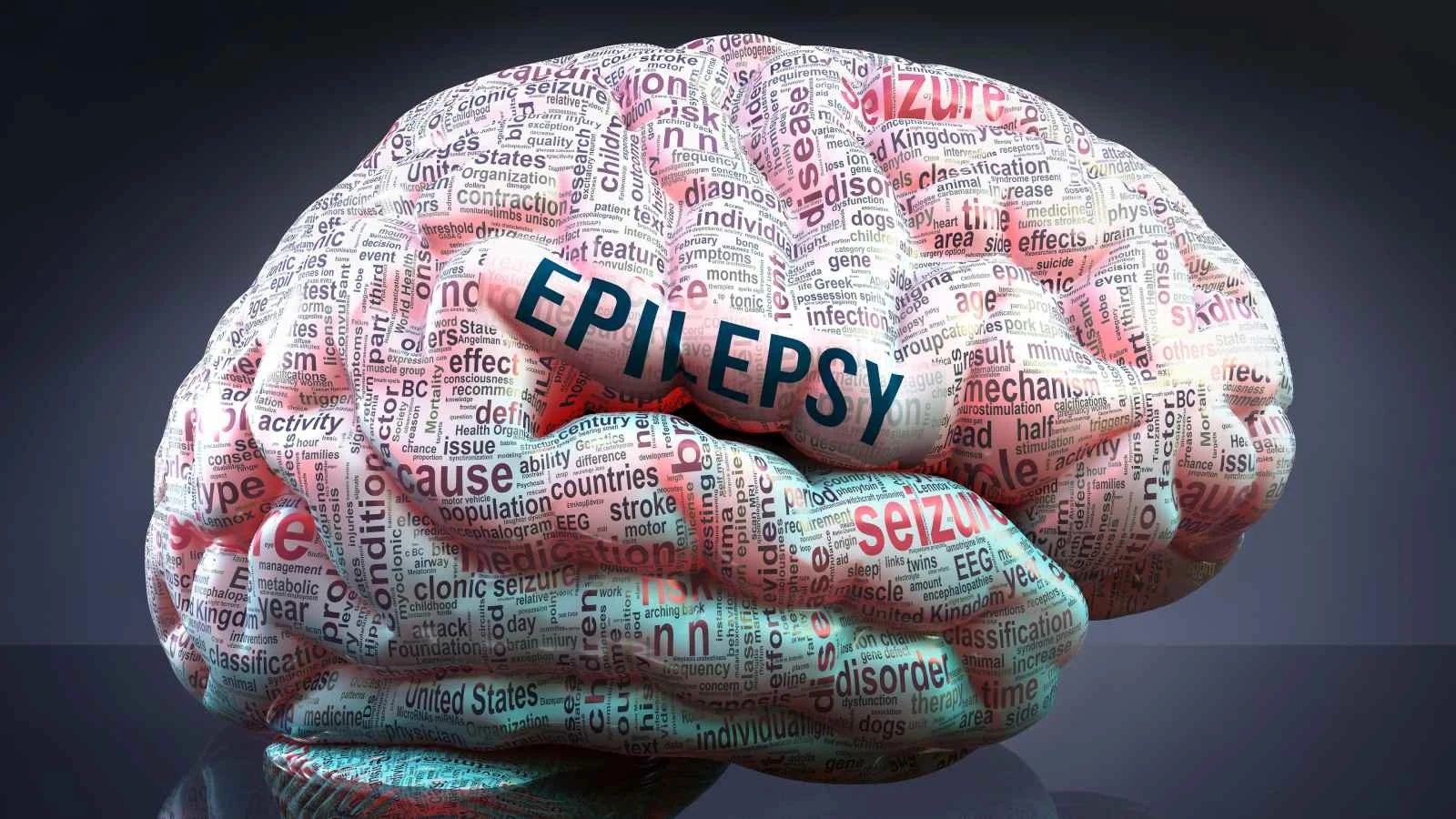Living with epilepsy: A call for enhanced awareness, action

ISREAY Ayoub, a student at the Muhimbili University of Health and Allied Sciences (MUHAS), bravely shares her journey of living with epilepsy—a condition often misunderstood and stigmatized.
For years, Ayoub experienced seizures without recognizing the true nature of her illness, seeking solace in prayer and traditional healing rather than pursuing medical care.
“It was only when I was diagnosed at the Dodoma based—Mirembe National Mental Health Hospital during my final year of secondary school, that’s when I understood what I was suffering,” she recalls adding that “this late diagnosis, like many others, underscores the critical need for increased community awareness about epilepsy”.
Ayoub emphasizes the importance of educating the public on the disease, a move which would likely help in reducing stigma and ensure that people with epilepsy receive equal rights in education and everyday life.
“It’s my hope that the stigma surrounding people with epilepsy would one day end; this can only be possible if everyone gets accurate information about the condition,” Ayoub told The Guardian, insisting the need for an open discussion and proper treatment.
Her call to action extends to the government, urging it to prioritize the needs of those with epilepsy, similar to the approach taken for people living with HIV/Aids.
She suggests comprehensive training for healthcare workers and the separation of neurological disorders from mental health services to eliminate discrimination and improve diagnostic accuracy.
Dr Saidi Kuganda, a senior mental health specialist, echoes Ayoub’s concerns, noting that stigma and discrimination remain as significant barriers to treatment for many epilepsy patients worldwide.
“Epilepsy is a chronic disease characterized by unprovoked seizures due to excess electrical activity in the brain,” he explains.
In Tanzania alone, an estimated 450,000 people live with epilepsy, but only about 166,788 are currently receiving treatment, according to 2022 data from the District Health Information System (DHIS).
“Lack of awareness often leads patients to seek help from traditional healers or prayer services instead of professional medical care from recognized institutions,” he said, stressing the need for accurate information to empower communities in supporting those with epilepsy and improving their access to treatment.
Dr Charles Sagoe-Moses, the World Health Organization (WHO) representative in Tanzania highlights the urgent need to address the high prevalence of epilepsy and Parkinson’s disease in the country.
He commends Tanzania’s efforts to enhance access to medications for neurological disorders and advocates for a stronger health system to tackle existing challenges.
“Around one million people have epilepsy in Tanzania, yet only 3.7 percent of new patients are receiving treatment, leaving 94 percent without care,” he notes.
Peter Mwendo, Mental Health Coordinator in Kinondoni District, Dar es Salaam Region emphasizes that individuals with epilepsy should not be isolated.
“They have the right to access all essential services. Education is crucial for local leaders to inform their communities effectively,” he stated, highlighting the importance of training community health workers about epilepsy to foster a more supportive environment.
Assistant Director for Non-Communicable Diseases at the Ministry of Health, Dr Omari Ubuguyu reaffirms Tanzania’s commitment to ensuring that people with neurological disorders have access to affordable and effective medications.
“Our priority is to guarantee that everyone receives the care and support they need,” he asserts.
Tanzania, with approximately 450,000 new epilepsy cases annually, the urgent need for improved healthcare infrastructure and access to treatment is clear.
“We are working to address this gap,” Ubuguyu stated, noting “about 94 percent of new epilepsy patients still lack access to proper care.”
The collective voices of advocates and healthcare professionals signal a growing awareness of the need for comprehensive strategies to improve the lives of those living with epilepsy.
With better education and enhanced education, it is possible to overcome the stigma of epilepsy, thus ensuring a more inclusive society for individuals with epilepsy is within reach.
Top Headlines
© 2024 IPPMEDIA.COM. ALL RIGHTS RESERVED

























